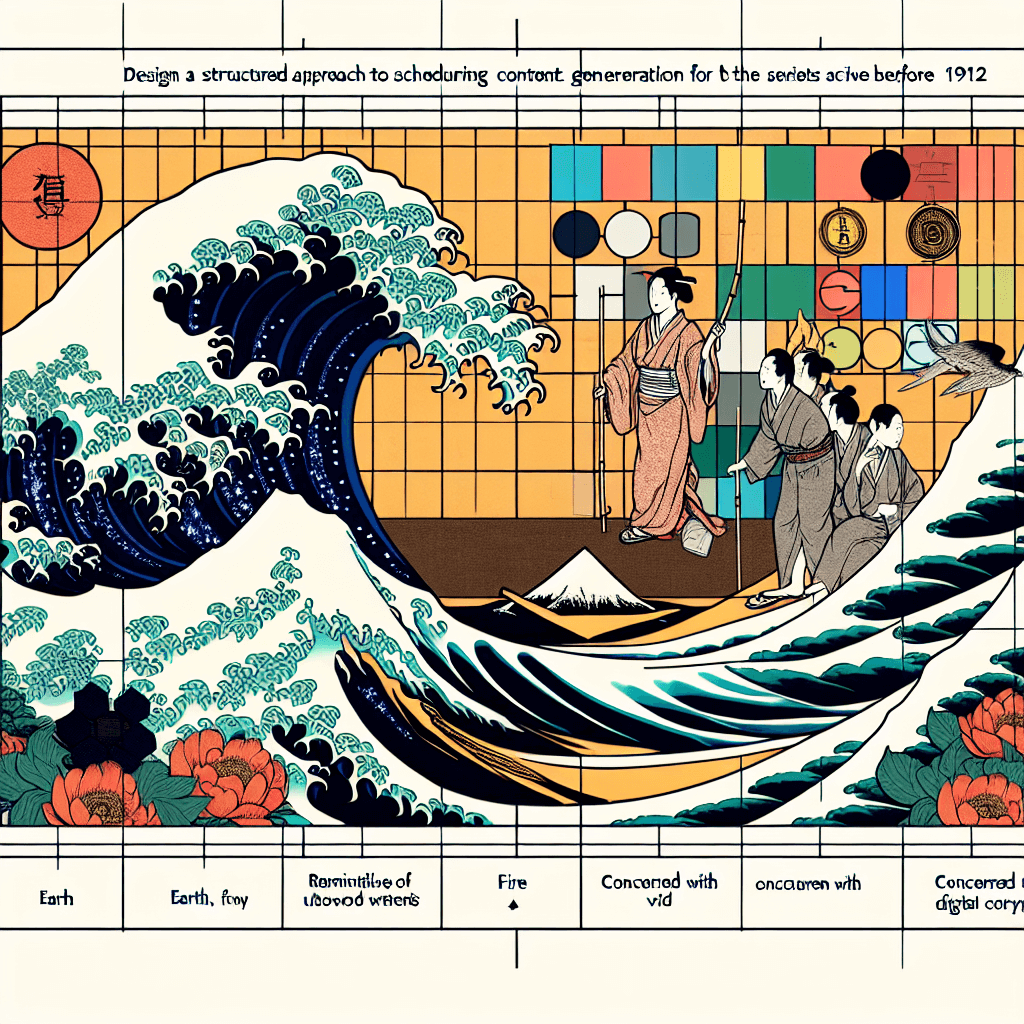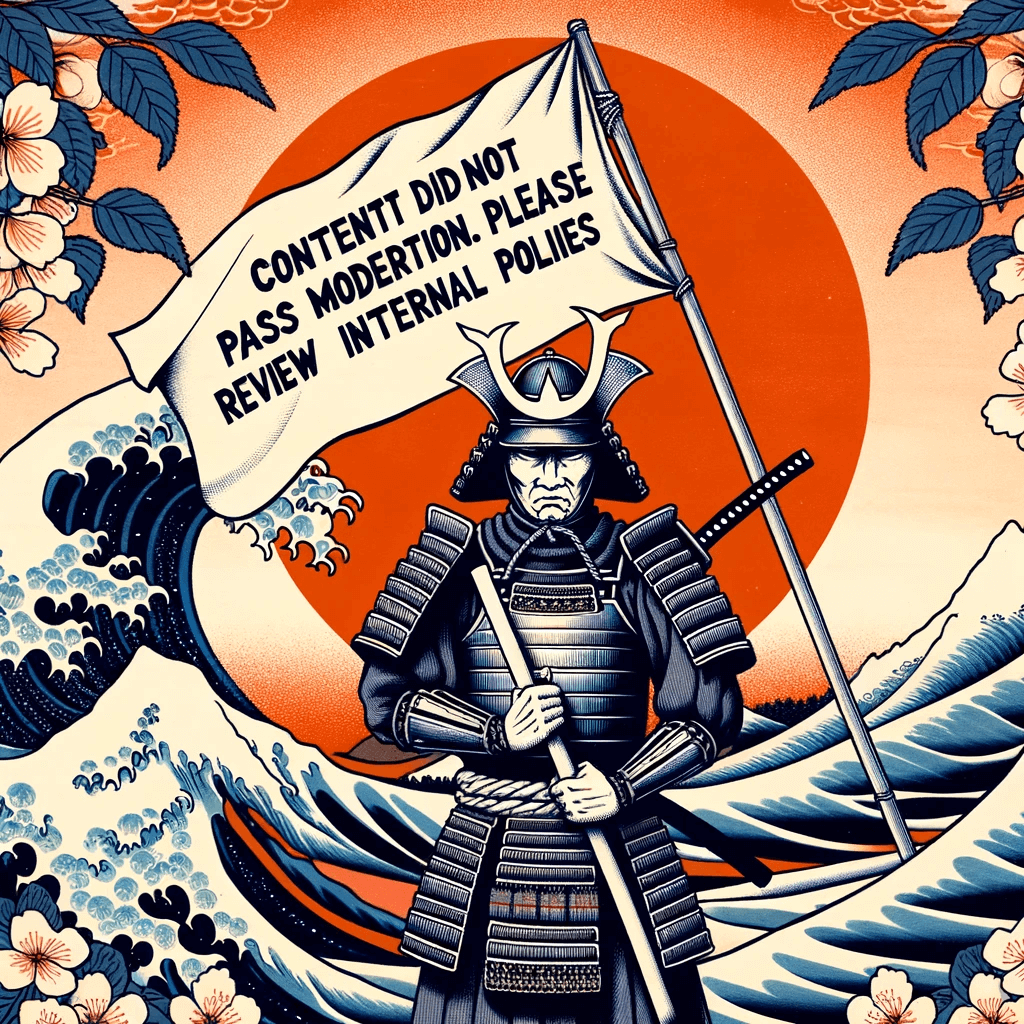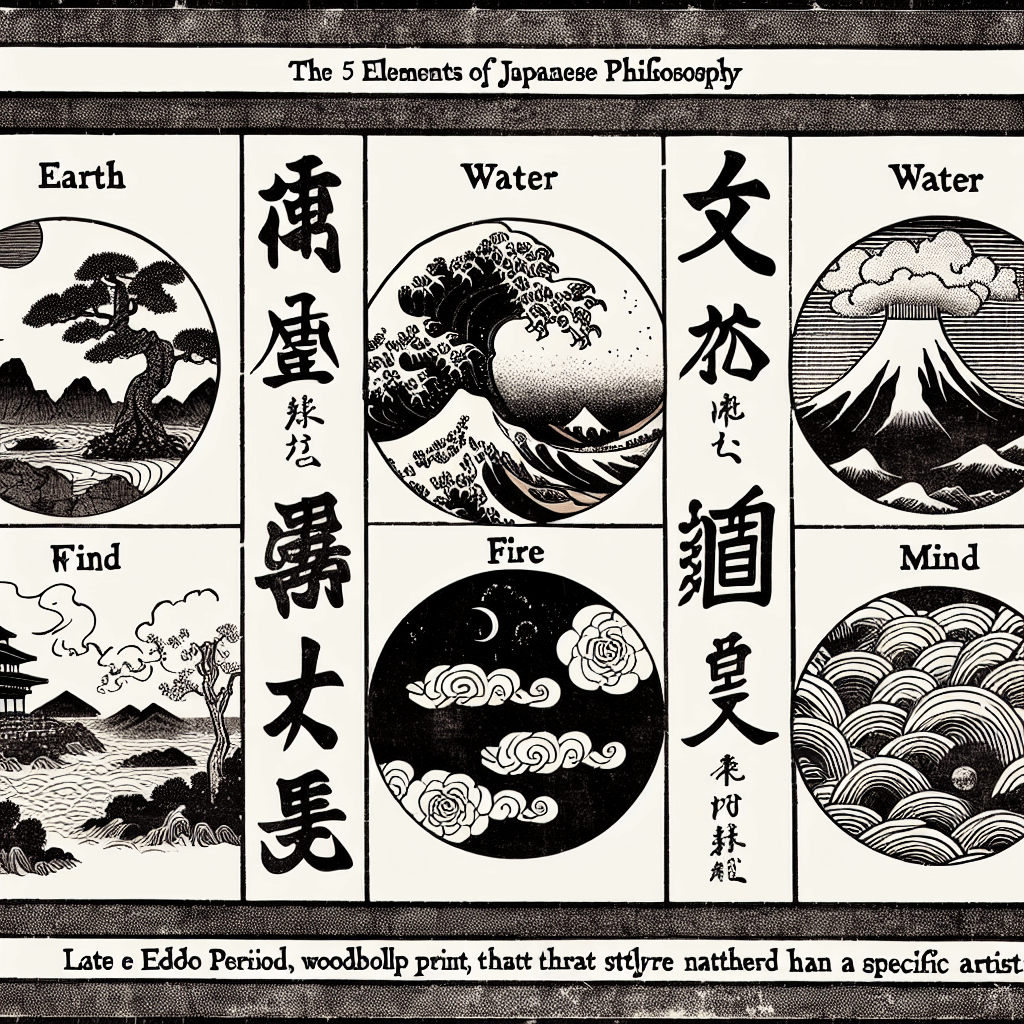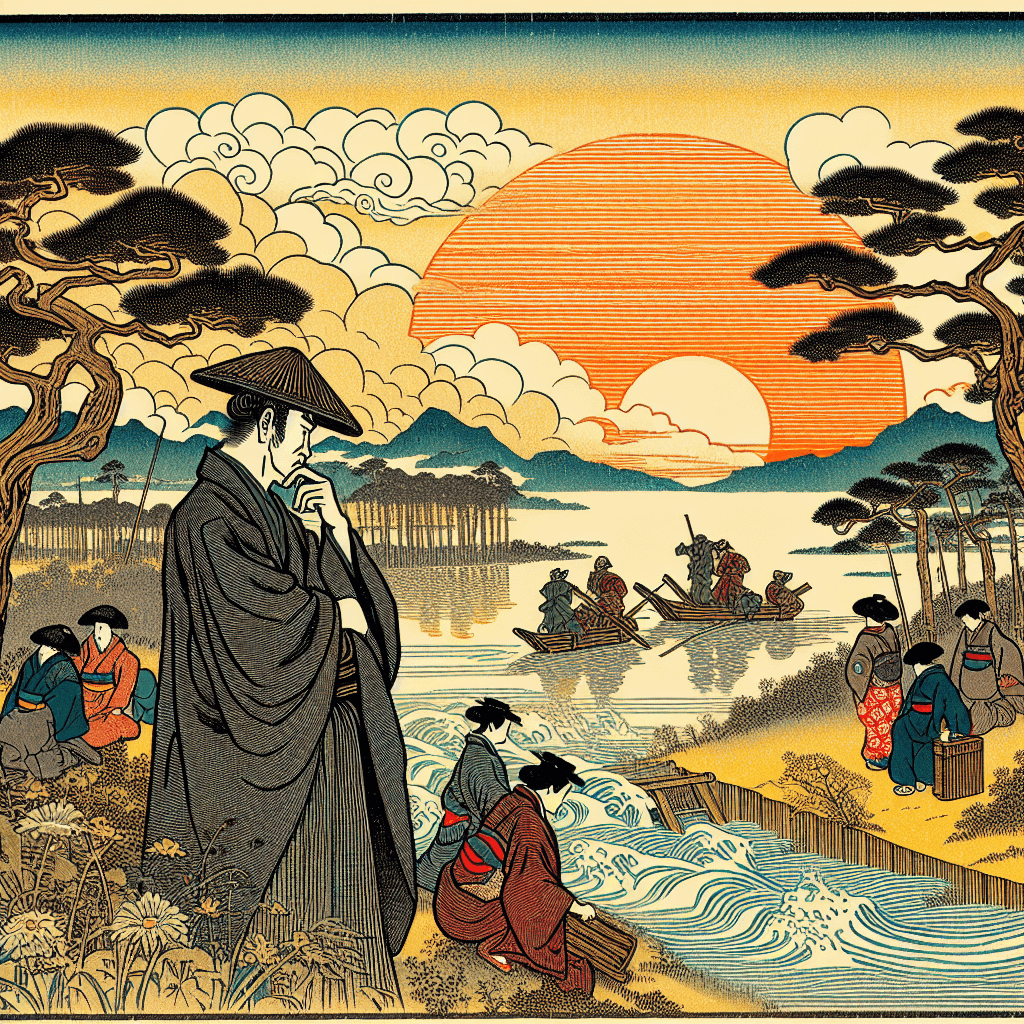King Rehoboam: The Monarch of a Divided Kingdom
syndu | Dec. 30, 2023, 8:38 p.m.
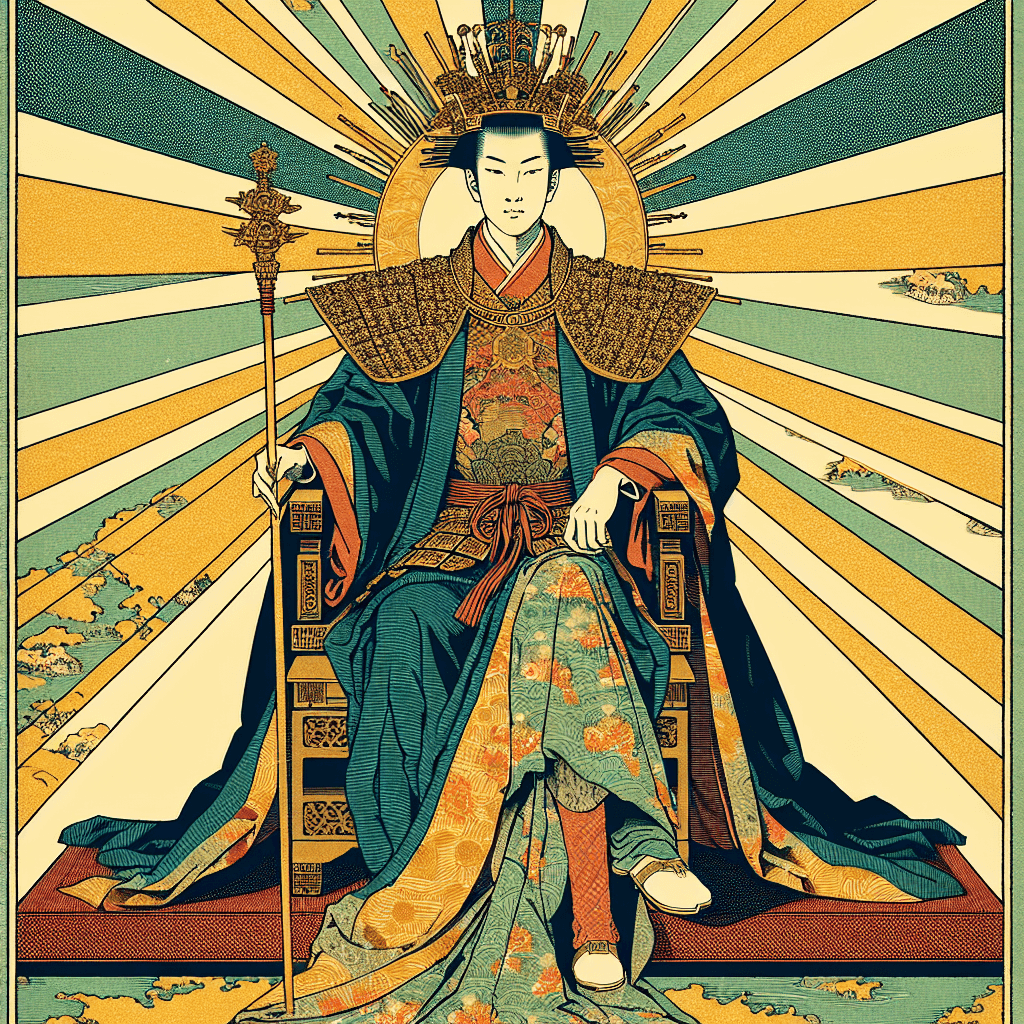
King Rehoboam: The Monarch of a Divided Kingdom
King Rehoboam, the son of King Solomon, is a significant figure in biblical history, known for his reign that led to the division of the united monarchy of Israel. His rule was marked by political and military struggles, fortification of cities, and religious practices that shaped the future of the kingdom of Judah. This post will delve into the division of the united monarchy, Rehoboam's political and military struggles, and the fortification of cities and religious practices during his reign.
Division of the United Monarchy and the Establishment of Judah
Rehoboam ascended to the throne following the death of his father, King Solomon. However, his reign began with a significant challenge. The tribes of Israel, burdened by heavy taxes and forced labor during Solomon's reign, demanded relief. Rehoboam, ignoring the counsel of the elders, responded harshly, leading to the division of the united monarchy. Ten of the twelve tribes revolted, forming the northern kingdom of Israel under the leadership of Jeroboam, a former official of Solomon. Rehoboam was left with the tribes of Judah and Benjamin, forming the southern kingdom of Judah.
Political and Military Struggles
Rehoboam's reign was marked by political instability and military conflicts. The division of the kingdom weakened the united front that had been established under David and Solomon. Rehoboam attempted to wage war against the northern kingdom to reunite Israel, but he was stopped by a prophecy from Shemaiah, a man of God.
The kingdom of Judah was also attacked by Shishak, the king of Egypt, in the fifth year of Rehoboam's reign. The Egyptians looted the treasures of the temple and the royal palace, including the golden shields Solomon had made, symbolizing a significant loss of wealth and prestige for the kingdom of Judah.
Fortification of Cities and Religious Practices
Despite these challenges, Rehoboam undertook significant efforts to strengthen his kingdom. He fortified cities, including Bethlehem, Etam, Tekoa, Beth Zur, Soco, Adullam, Gath, Mareshah, Ziph, Adoraim, Lachish, Azekah, Zorah, Aijalon, and Hebron. These fortified cities served as a line of defense against potential attacks and provided security for the people of Judah.
Religion played a crucial role during Rehoboam's reign. The priests and Levites, and those Israelites who were devoted to the worship of God, left the northern kingdom and came to Judah and Jerusalem because Jeroboam had appointed his own priests for the high places and for the goat and calf idols he had made. Rehoboam and the kingdom of Judah, for three years, walked in the way of David and Solomon, strengthening their hold on the true worship of God.
In conclusion, King Rehoboam's reign was a period of significant change for the people of Israel. His decisions led to the division of the united monarchy, marking the establishment of the kingdom of Judah. Despite political and military struggles, Rehoboam's efforts in fortifying cities and maintaining religious practices played a crucial role in shaping the future of the kingdom of Judah.
Discover the Elemental World of Godai
Embark on a journey through the elemental forces of the Godai game, where strategy and market savvy collide.
Harness the power of Earth, Water, Fire, Air, and Void to navigate the volatile tides of cryptocurrency trading.
Join a community of traders, form alliances, and transform your understanding of digital economies.
Enter the Godai Experience